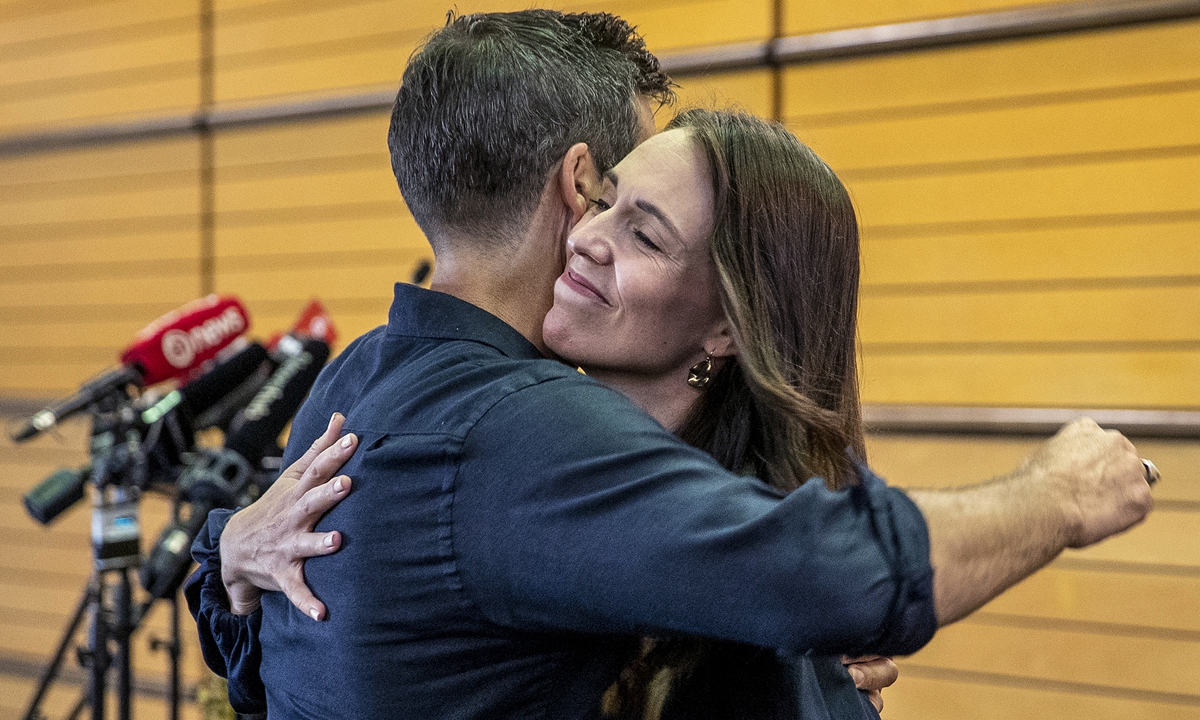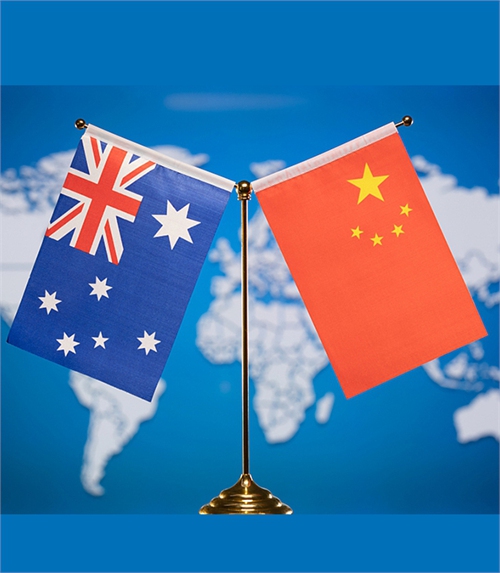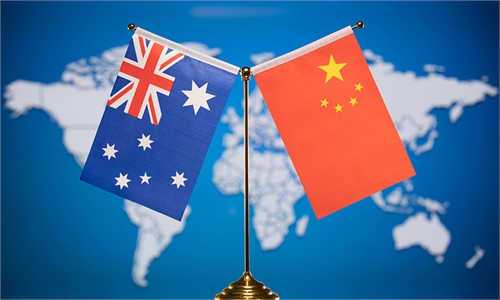New Zealand PM Ardern announces resignation, recognized for her role in ties with China

New Zealand Prime Minister Jacinda Ardern hugs her fiancé Clark Gayford after announcing her resignation at a press conference in Napier, New Zealand, on January 19, 2023. Photo: VCG
Holding back tears, Jacinda Ardern made a shock announcement on Thursday that she was leaving office and will not seek reelection after more than five years as New Zealand's prime minister. Chinese experts on Thursday hailed Ardern's efforts in the steady development of China-New Zealand relations under the COVID-19 pandemic and the US' confrontational meddling, as New Zealand's diplomacy has remained relatively independent during her tenure, in sharp contrast to some conservative forces among some US allies.
In the post-Ardern era, whether Labour or the National Party is in power, experts expect the momentum in the relationship to continue, even though it may fluctuate under pressure from Washington.
At a press conference Thursday, Ardern said her final day in office will be February 7, leaving some time for her successor to settle in as Labour party leader before the next general election to be held on October 14, according to New Zealand media One News.
As for the reason for resigning, Ardern said, "You cannot and should not do the job unless you have a full tank, plus a bit in reserve for those unplanned and unexpected challenges that inevitably come along."
Ardern added that she "no longer has that bit extra in the tank to do the job justice." She also stressed family factors, saying, "I'm a politician who is first and foremost human."
Australian Prime Minister Anthony Albanese said on Thursday that Ardern was a great friend and had "demonstrated that empathy and insight are powerful leadership qualities."
Ben Thomas, a political commentator and former press secretary for the opposition National Party, said Ardern's resignation could spell disaster for Labour as "she's Labour's number one political asset."
Ardern's resignation comes not long after a drop in popularity, with a November poll showing her approval rate dropping to 29 percent, the lowest since 2017, with 33 percent support for her Labour Party. Domestic issues such as housing problems, violent crimes, and inflation remain unsolved.
Some analysts also mentioned that US pressure could be a factor behind her decision. "In contrast to Australia, perhaps New Zealand does not satisfy Americans under the Indo-Pacific strategy of containing China," said Yu Lei, chief research fellow at the research center for Pacific island countries of Liaocheng University.
Compared with Labour, the center-right National Party has a closer relationship with US political and military circles, Yu said.
Ardern, 42, who became New Zealand's prime minister in 2017 and won reelection in 2020, was once criticized by some media as "speaking softly to China." However, Chinese experts said she's "a politician who truly understands international politics."
The active and steady diplomacy under Ardern's tenure was indispensable to the sound development of China-New Zealand relations during the COVID-19 pandemic and US containment of China, Chen Hong, president of the Chinese Association of Australian Studies and director of the Australian Studies Centre at East China Normal University, told the Global Times on Thursday.
As a member of the Five Eyes Alliance, New Zealand retained its independence and subjectivity, and did not blindly follow the US to press China like Australia's Morrison administration did, and withstood pressure from the US, Chen added.
In a speech to the New Zealand-China Council in Auckland On December 9, Ardern said that New Zealand's trade and economic links with China had proven resilient. Ardern also expressed hopes of leading a trade mission to China as Beijing optimizes its COVID-19 response and border controls.
Ardern is a politician who truly understands international politics and the trends of the world, Yu said.
She knows that countries have different interests and divergences, but emphasizes mutual understanding, communication and cooperation, not just for China, but also for other countries like Indonesia, Malaysia and Singapore, Yu said.
Indicating that China would not comment directly on Ardern's resignation, which is an internal matter for New Zealand, Chinese Foreign Ministry spokesperson Wang Wenbin said that China and New Zealand are important cooperative partners. Since the establishment of diplomatic ties 50 years ago, bilateral cooperation has brought benefits to the two peoples and contributed to regional peace, stability and prosperity.
Chinese experts said that whether it is the Labour Party or the National Party that takes office, the general direction of China-New Zealand relations will not change, considering the two sides' deep economic and trade connections and the National Party's previous approaches to developing bilateral ties.
China and New Zealand face some volatility if we take US interference into consideration, but it's unlikely to be too drastic, Yu said.
China is New Zealand's largest trading partner, accounting for about 30 percent of its exports of goods and services, according to China's Ministry of Commerce. In 2021, China accounted for 42 percent of New Zealand's total exports of dairy products, 42 percent of meat and 65 percent of wood products.




